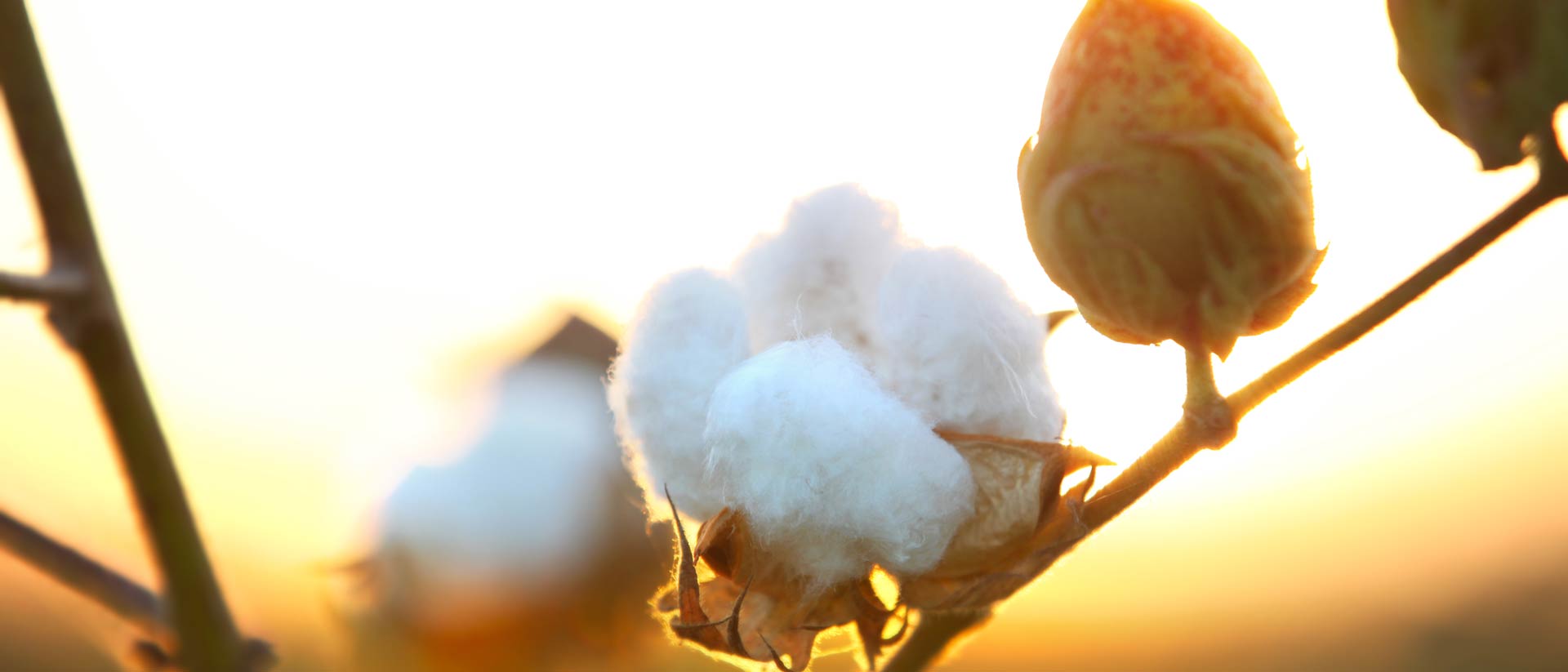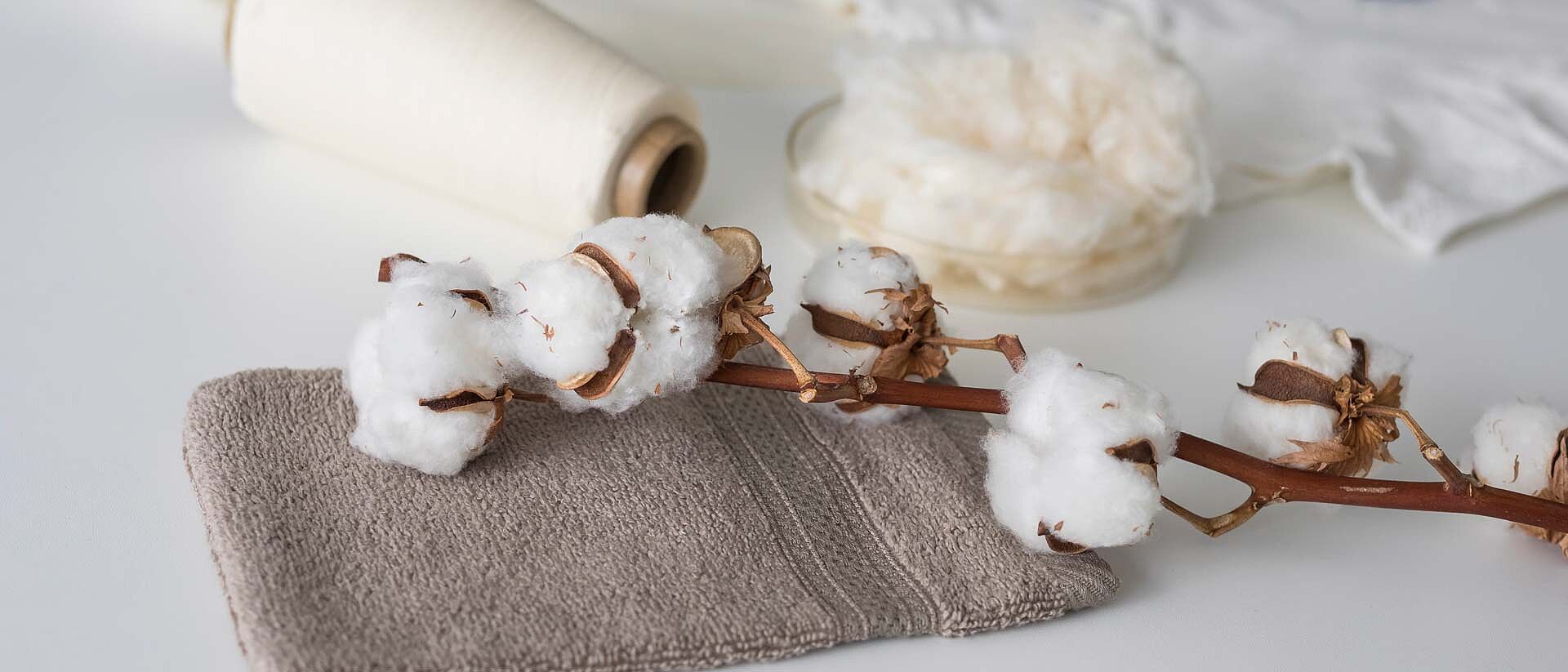Why should organic cotton be tested for harmful substances?
Growing cotton organically, without pesticides is important for protecting the environment and people surrounding the cotton fields. Many processes between the field and the finished product have the potential to add toxics. That's where OEKO-TEX® comes in.
Organic cotton within OEKO-TEX® STANDARD 100 Certification
Organic cotton may be certified via STANDARD 100 WITHOUT mentioning organic claims (e.g. "organic" or "made of organically grown cotton"). Optional GMO testing is available upon request.
- For blends containing less than 70% organic cotton, IF the organic cotton is pre-certified with OEKO-TEX® ORGANIC COTTON:
- The OEKO-TEX® STANDARD 100 certificate scope must disclose the organic percentage and OEKO-TEX® ORGANIC COTTON certification
e.g. “Woven fabrics made of polyester, polyamide and elastane, organic cotton (organic content <70%) … produced using components partly pre-certified according to OEKO-TEX®ORGANIC COTTON.” - Organic cotton content testing must be conducted
- The OEKO-TEX® STANDARD 100 certificate scope must disclose the organic percentage and OEKO-TEX® ORGANIC COTTON certification
- Otherwise, mentioning “organic cotton” or “GMO not detectable” is not allowed in the OEKO-TEX® STANDARD 100 certificate scope
This rule was implemented to enhance oversight of certified organic cotton, an area where fraud is prevalent. Our aim is to certify only genuinely trustworthy organic cotton as such.
Certifying cotton as "organic" is achievable through OEKO-TEX® ORGANIC COTTON.
This pertains specifically to cotton materials. Other organic materials such as hemp, linen or wool should be certified through STANDARD 100.
Application Process for STANDARD 100 Certification
Follow the standard procedures for application and renewal, plus:
- Ensure any organic claims are not mentioned in the certificate scope
- Request GMO testing, if desired
GMO Screening Process within STANDARD 100
1. The sample is shredded and the cotton fibers are mechanically and enzymatically degraded. The genetic material (DNA) is isolated from the fiber and purified.
2. Genetic modifications are classified by specific marker genes in the DNA. These genes can be identified on a molecular-biological level. Control reactions are used to prove that the DNA is unmodified and to exclude false-negative results.

